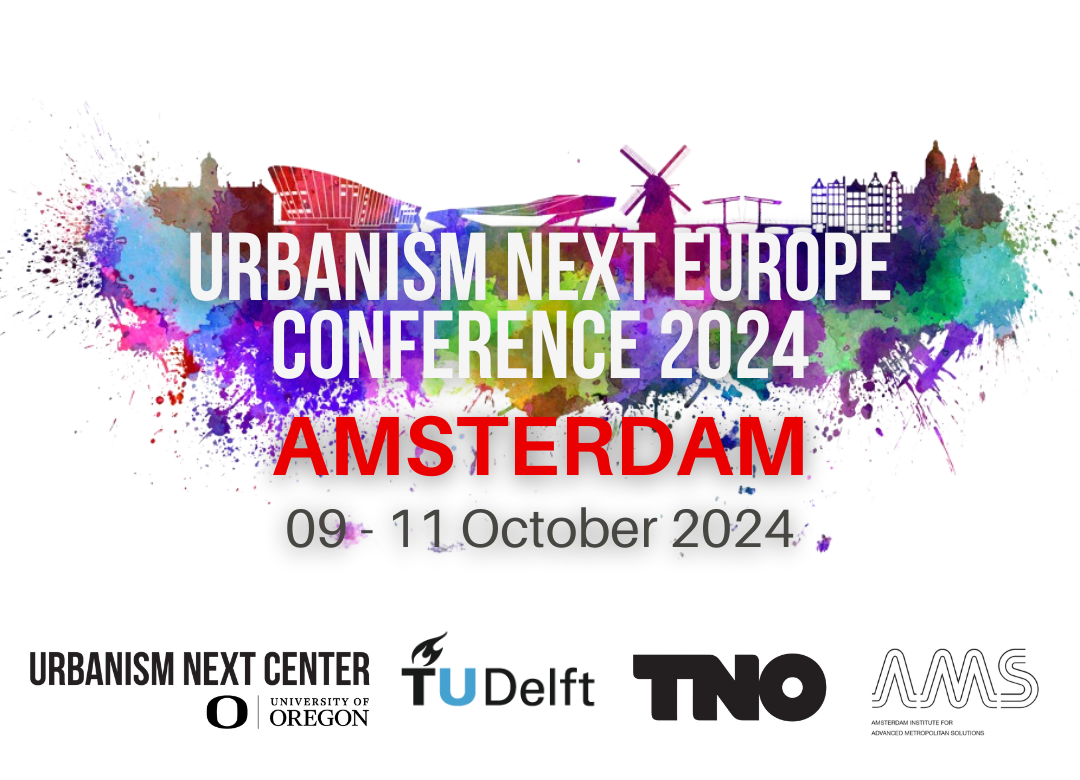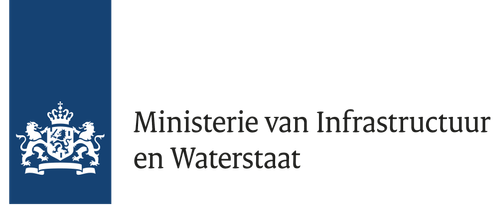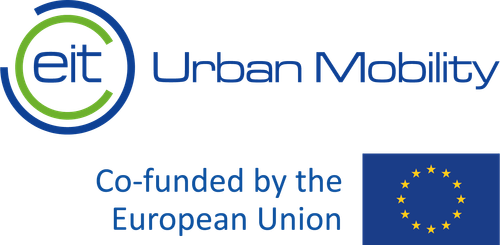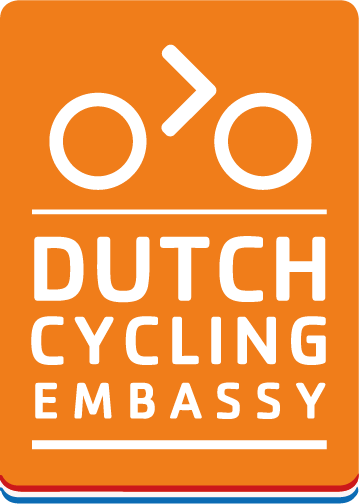
 Go Back
Go Back
Considering the expected societal impacts of automated vehicles in urban areas with the EU Common Evaluation Methodology
Worldwide, many pilots are carried out with automated vehicles. Possible effects are evaluated, but often in a limited way. With growing maturity of automated vehicle concepts, it is becoming more important to be able to assess the broader implications of the automated mobility systems or services and their use on people and society – so city authorities and public transport providers can consider how automated mobility can help them achieve their goals. The newly developed EU Common Evaluation Methodology (EUCEM) can be used to assess whether goals can be met, regarding the three pillars of sustainability: economy, society and ecology.
Presenters

|
Jeroen Beukers, TPG - Transports Publics Genevois Jeroen works at Transports Publics Genevois, the public transport operator in the Swiss Canton of Geneva, where he manages the EU Horizon funded Enflate, Sinnogenes and Ultimo projects. Within the framework of these projects, the TPG showcases a 100% automated, full scale on-demand, shared, door2door, dynamically routed, public transport service with a fleet of automated low-emission mini busses serving a large number of virtual bus-stops and connected to the existing transport network Jeroen also represents SAAM. As the leading autonomous mobility platform in Switzerland, |

|
Julia Friedlander, San Francisco Municipal Transportation Agency (SFMTA) Julia Friedlander is a public servant whose career in public policy, public infrastructure and public law in New York and San Francisco city government has centered on periods of transformational policy, regulatory and social change. These included the HIV public health crisis, the deregulation and reregulation of telecommunications markets at the dawn of the broadband age, the LGBT civil rights and marriage equality movements, and restructuring of transportation governance to support multi-modal use of public rights-of-way in San Francisco. She served as General Counsel to the San Francisco Municipal Transportation Agency for 11 years and – after a four year sojourn outside the transportation arena -- returned to the SFMTA wearing a policy hat. Her work now focuses on federal, state and local policy related to the future of automated driving. |

|
Satu Innamaa, VTT Dr. Satu Innamaa works as Principal Scientist at VTT Technical Research Centre of Finland Ltd. She has over 25 years of experience in research on transport and mobility, connected and automated driving, impact assessment and user needs. In the last years, her work has had a strong focus on evaluation methodologies. Currently, she is leading methodology work both in European Hi-Drive and FAME projects, related to automated driving. Satu is Certified Senior Project Manager, IPMA Level B. |

|
Isabel Wilmink, TNO Isabel Wilmink studied Civil Engineering at Delft University of Technology and joined TNO as a traffic engineer in 1995. She has extensive experience in projects on sustainable traffic management and connected, cooperative and automatic driving, and scenario and evaluation studies on the effects of innovative traffic measures on different dimensions of welfare beyond GDP. This includes looking at the functioning of the mobility system and the impact of the mobility system on the living environment, accessibility, safety and health. Also, the distributional effects of measures on population groups, regions and time periods are taken into account. |












